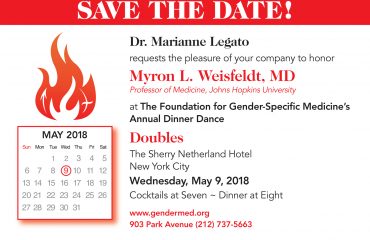In a previous blog article, we wrote about the health benefits of moderate drinking. That article, In Vino Veritas, focused on a large-scale Danish study of over 76,000 participants which found that drinking in moderation could combat diabetes while teetotalers had an increased risk for that disease. The survey looked at factors such as frequency, volume, and type of alcoholic beverage imbibed to come to its conclusions. Now a study in the medical journal Lancet, comes to an astonishing conclusion: that alcohol in any form and in any amount is hazardous to one’s health. In short, the best drink is no drink.
Co-written by 512 researchers from 243 institutions, the study was a summary of data (a metanalysis) of more than a thousand papers and data sources about alcohol as well as death and disability records from 195 countries between 1990 and 2016. They assessed the impact of alcohol on the risk for 23 health problems. Emmanuela Gakidou, a professor of global health at the University of Washington and the senior author of the report concluded that “People should no longer think that a drink or two a day is good for you. What’s best for you is to not drink at all.”
Well, that’s depressing especially for the two billion people in the world who have a drink or two with friends over dinner twice or three times a month. O la la! The French would be absolutely apoplectic! They advocate drinking red wine daily to help fight heart disease.
Yet according to the Lancet, the health risks of even moderate drinking offset and overwhelm any health benefits. Those risks include breast and laryngeal cancer, stroke, cirrhosis, tuberculosis, interpersonal violence, self-harm and motor vehicle accidents.
But if you read between the lines, once again it is volume and frequency that matter. Professor Gakidou notes “At one drink a day, a person’s risk of developing one of the 23 conditions associated with alcohol increases by 0.5% while with 2 glasses the increase is 7% and at 5 drinks a day, 37%. So, if you are an alcoholic or binge drinker—something bad is eventually going to happen to you. For example, if you go on a bender, you may pass out and die of the complications of a fall. If you are a decades-long heavy drinker, you may develop cirrhosis of the liver or fatal heart disease. Are these surprises to the average person? No, not really. Abusing alcohol means there will be a price to pay.
David Speigelhalter, a statistician who writes about evidence, risk, probability, chance, and uncertainty, etc., thinks the study provides no absolute risks or safe levels associated with drinking and is only statistical conjecture based on a possibly flawed model. For example, the study cites the following:
“Specifically, comparing no drinks with one drink a day the risk of developing one of the 23 alcohol-related health problems was 0.5% higher — meaning 914 in 100,000 15–95 year olds would develop a condition in one year if they did not drink, but 918 people in 100,000 who drank one alcoholic drink a day would develop an alcohol-related health problem in a year.“
Speigelhalter counters by looking at one drink a day (10g, 1.25 UK units) compared to none, for which the authors estimated an extra 4 (918–914) in 100,000 people who would experience a (serious) alcohol-related condition. He notes, “To experience one extra problem, 25,000 people need to drink 10g alcohol a day for a year, that’s 3,650g a year each.” To put this in proper context, a standard European 70cl bottle of gin contains 224 g of alcohol, so 3,650g a year is equivalent to around 16 bottles of gin per person.” (A U.S. equivalent unit for bottle size is slightly less than 750ml and over the course of a year, that’s about a bottle a month.) According to Speigelhalter, the results are very “low risk” and even at five drinks a day, still don’t warrant abstention.
Studies like these don’t serve the public well because they only serve to confuse rather than clarify. Statistics aren’t often uniform across the board from country to country and largely dependent on source credibility and can therefore, be flawed or incomplete. The 2015-2020 U.S. Dietary Guidelines for Americans recommends that if alcohol is consumed, it should be in moderation—up to one drink per day for women and two drinks per day for men. Bottom-line, know your limits and tolerance for alcohol. Always err on the side of caution, not consumption.
Specialist in internal medicine and primary care.





